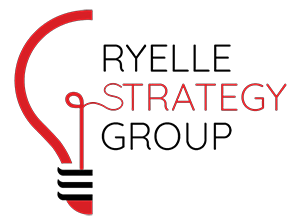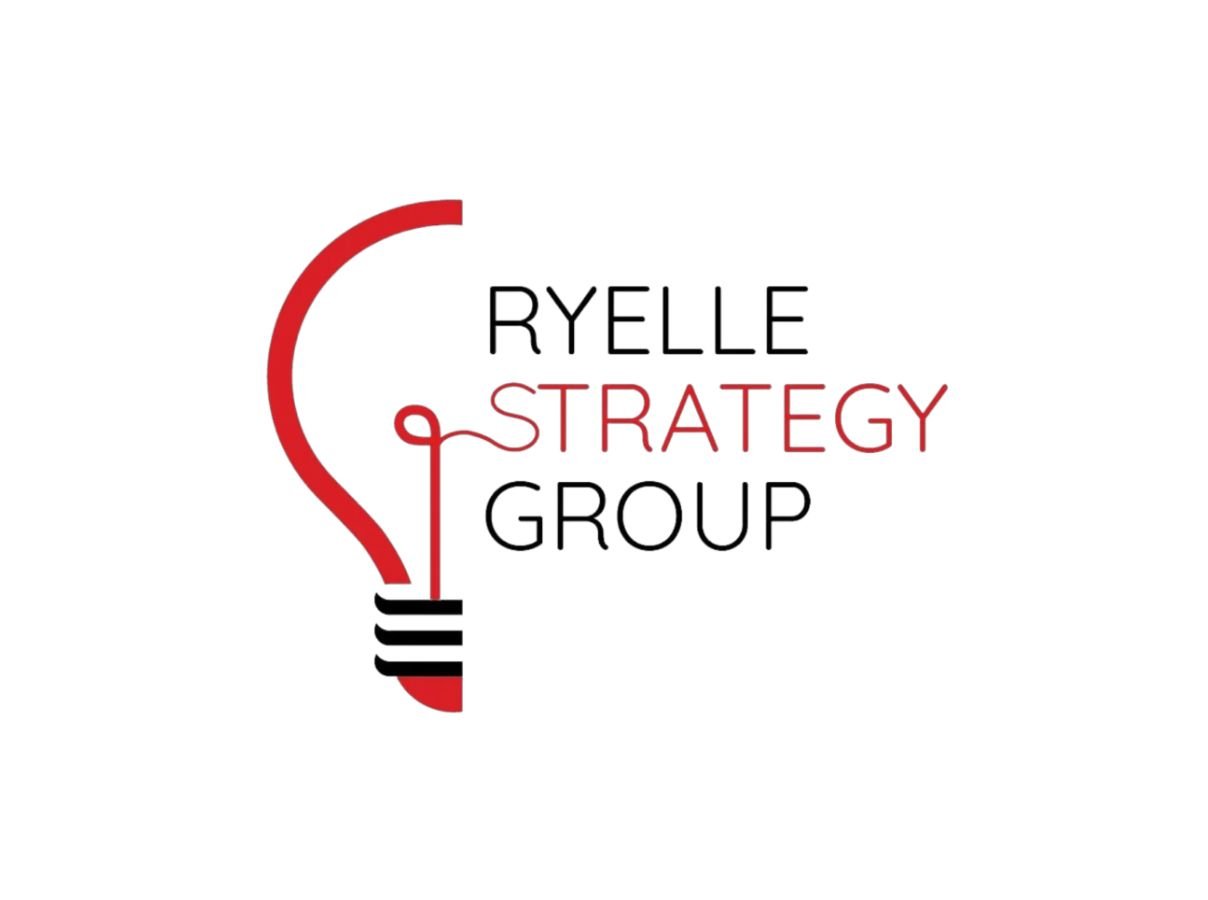Culture plays a vital role in supporting an organization’s strategy and driving its success. A positive workplace culture attracts talent and fosters employee engagement and satisfaction. And as organizations make moves to modernize and transform through times of change, it’s become a critical factor of success.
An organization’s culture is the shared values, beliefs, attitudes, behaviours, and practices that define its identity and guide its actions. Often rooted in the organization’s history, vision, and mission, culture cannot simply transform overnight. Rather, it requires an intentional mapping of the current organizational culture and an ideal future state that’s conducive to day-to-day operations and long-term success.
You may have heard of the popular saying that “culture eats strategy for breakfast.” In reality and practice, culture and strategy are intertwined, and therefore, they must be aligned for an organization to achieve its strategic objectives. Often when transformational initiatives fail, it’s because of a disconnect between culture and strategy. This means that current workplace dynamics are not supportive of change, leading to failure in achieving strategic goals.
Let’s take a look at the critical role that culture plays and what leaders can do to successfully steward cultural change in how work gets done, as well as the challenges that can hinder a culture transformation. By identifying how to build a sustainable workplace culture, organizations like yours can better recognize the steps necessary to create lasting and effective change.
The role organizational culture plays in strategy implementation
Organizational culture plays a crucial role in strategy implementation because it sets the tone for how employees think, behave, and work together towards common goals. A strong, positive culture can help align employees with the organization’s values, priorities, and strategies, leading to better engagement, collaboration, and performance. On the other hand, a weak or negative culture can create confusion, resistance, and inefficiencies that hinder strategy implementation and undermine organizational success.
The Mercer Global Talent Trends 2023 Data Report for Canada paints an encouraging portrait of the state of Canadian companies’ approach to workplace culture. Canadian companies seem to be paying close attention to the role of organizational culture in strategy implementation. Some key stats to consider:
- 86% of companies are implementing measures to effectively use workforce energy.
- 72% of companies are creating an environment where employees feel at ease displaying their genuine selves at work.
- 49% of companies are investing in training to equip and empower their employees to use collaboration tools effectively.
- 34% of companies are reimagining the way their work with the outcome of well-being as a priority.
Is your company taking proactive steps to align its culture with its business goals? Reflecting on your organization’s culture, do you think it’s conducive to strategy implementation and growth in a rapidly changing business environment?
The challenges leaders face in cultural shifts
Making changes to an organization’s established processes and attitudes is no easy task. It requires a combined effort and commitment from leaders, employees, and stakeholders. Some of the common roadblocks in cultural shifts include:
- Employee buy-in: Employees may not fully understand the motivation behind leadership’s decision to introduce new cultural values and expectations. As a result, they may be resistant to change.
- Leadership support: Employees want to see that a change in process or behaviours isn’t a command from above. They want to see that leaders believe in new cultural values by modeling it themselves.
- Communication: How is the vision for the new culture being communicated? Making an announcement to employees isn’t enough. Employees want to see the plan for the proposed change and be updated on the progress so that they feel included.
- Reinforcement of change: Building on the need for clear communication, any transformation initiative should be accompanied by resources, tools, and guidance that equip employees for compliance and performance. More importantly, shifting the underlying behaviour required to accomplish a change should be reinforced with incentives so that the importance of committing to the change is established and employees feel there are benefits to adopting new ways of working.
- Failure to measure progress: How is the progress of a proposed change in culture being measured? To determine whether change efforts are successful and what can be improved, establishing assessment tools such as surveys and confidential touchpoints can lead to measurable insights.
Five elements to focus on when shifting organizational culture
To transform an organization’s culture successfully, leaders need to focus on the following:
- Clear and unified cultural values: Leaders must identify the values and behaviours they consider to be most important to the organization’s success and ensure those are aligned with the organization’s vision and strategy. When considering making changes to the existing culture, whether it’s a different way of running meetings or a new decision-making process, leaders should communicate the reasons for changes, their expected impact, and the importance of these changes to the rest of the organization.
- Accountability: Leaders need to be engaged and aligned with the proposed cultural changes. They need to model the new behaviours and values they want to see, provide resources and support for the cultural changes, and hold employees accountable for the desired outcomes.
- Communication: Leaders should foster honest and transparent communication at all levels of the organization and provide channels for communication and collaboration. This will contribute to building trust and reducing resistance to change.
- Employee Engagement: Employees should be involved in the cultural change process. They should be invited to participate in the decision-making process, provided with training and development opportunities, and recognized for their contributions.
- Measurement and Feedback: Leaders should measure the progress of the cultural changes through surveys and touchpoints, provide feedback to employees, and adjust the approach if necessary.
Start making plans for a culture change
Ryelle’s People, Culture, and Capacity services specialize in helping leaders build an authentic workplace culture that reinforces and drives success for employee and organizational performance. To fully assess an organization’s culture, our experts perform an in-depth assessment of how an organization’s culture operates and how it is perceived by the workforce. We identify gaps and opportunities to ensure that the organization takes intentional steps to create sustainable change in the workplace culture.
Is your organizational culture where you want it to be? Contact a Ryelle expert to start implementing change in your organizational culture.




